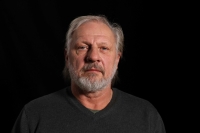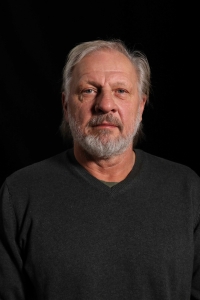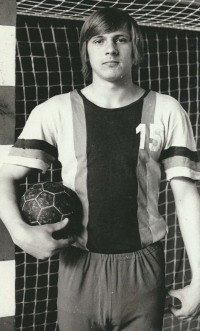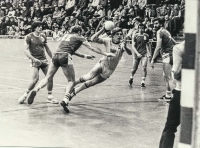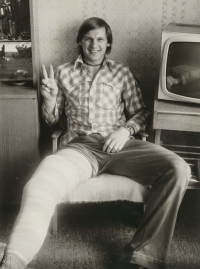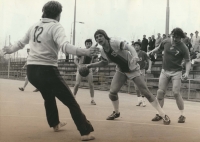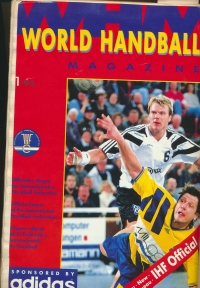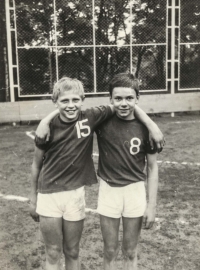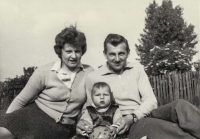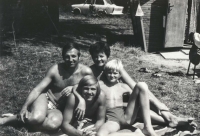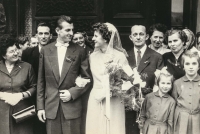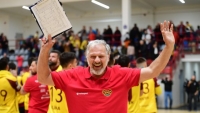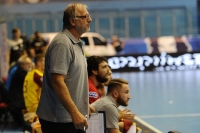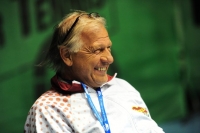Say you agree with boycotting the Olympics. He was silent and left in tears
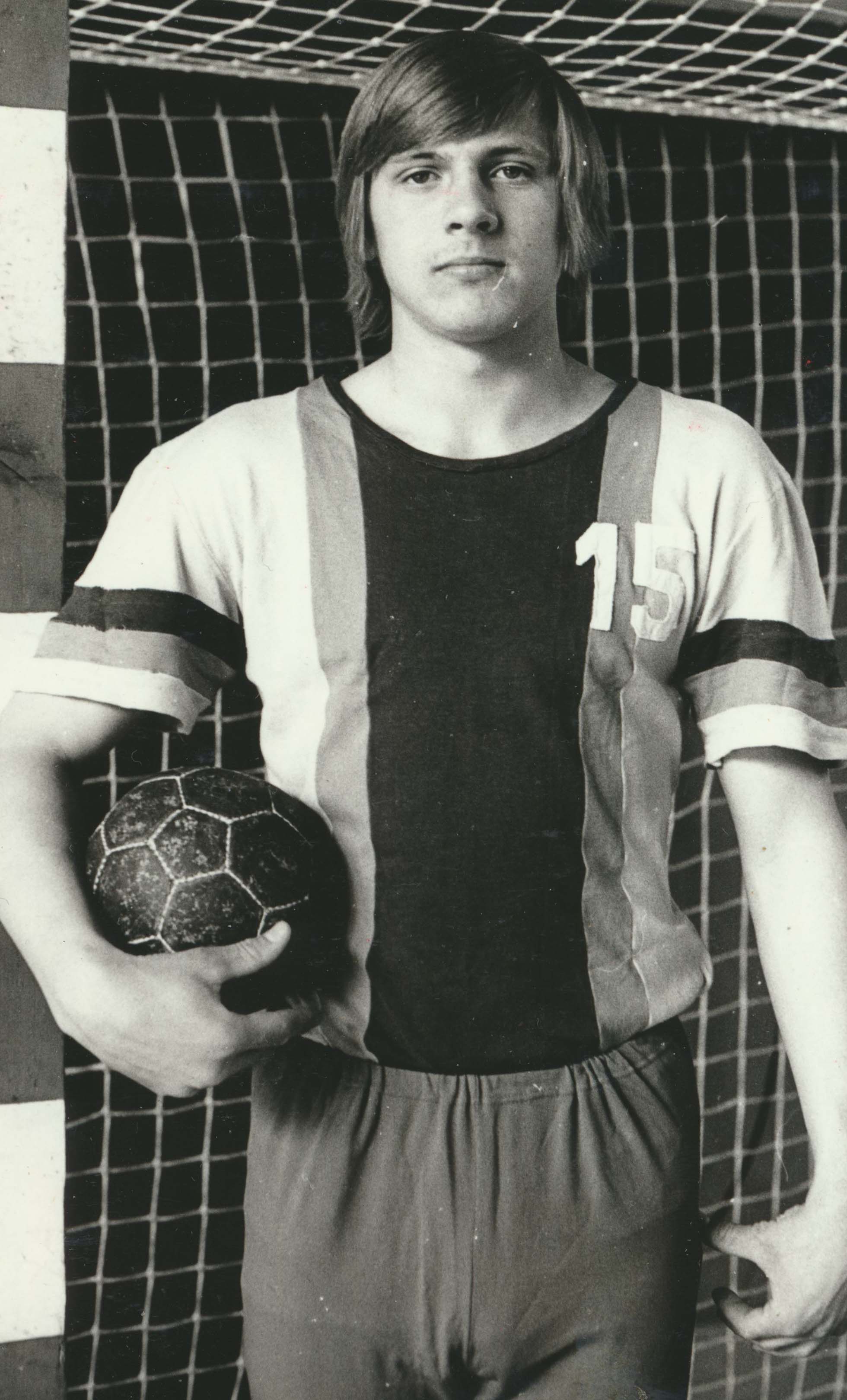
Download image
Jiří Kotrč was born on June 25, 1960 in Prague. Father Jiří and mother Jindřiška played sports. Their son swam competitively, then played soccer and finally settled on handball. As a pivot, at the age of 18 he got into the best Czechoslovak team named Dukla Praha. He won twelve titles of champion of Czechoslovakia and the Czech Republic, and in 1984 he won the Cup of Champions of European Countries. In the same year, the national team and Jiří Kotrč lost the 1984 Olympics in Los Angeles, USA. The Soviet Union ordered Czechoslovakia, its vassal country, to boycott the Olympics. Jiří Kotrč played with the Czechoslovakian team at the Summer Olympic Games in Seoul in 1988, where the team finished in sixth place. He competed in six matches and scored 17 goals. He played at the club level in 1978–1990 and 1994–1996 for Dukla Prague. He played in 250 matches for the Czechoslovak national team, becoming the Czechoslovak handball player of the year three times. In 2021, he was married, had a son and a daughter, lived in Prague and worked as a consultant in Dukla.
